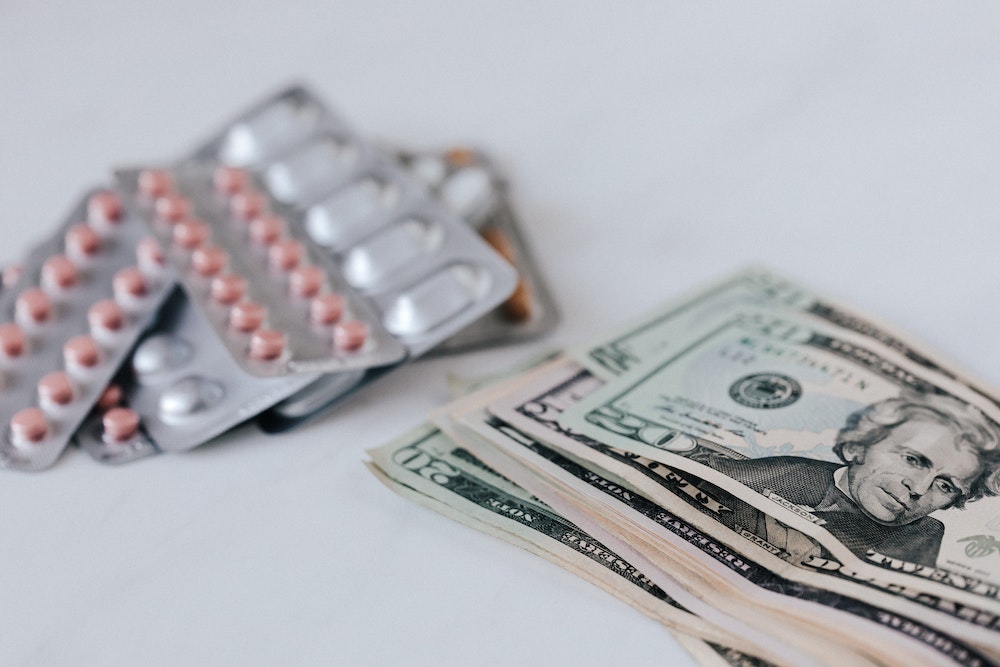Who Pays for My Medical Bills After a Car Accident?

Have you been injured in a car accident? If so, who pays for your medical bills?
This is an important question to ask when dealing with the aftermath of a crash. Knowing who will cover these costs and understanding how this process works can help take some of the financial burdens off your shoulders. In this article, we’ll look at who typically pays for medical expenses after an auto accident and what kind of coverage you need to ensure that you are properly taken care of.
The cost of medical care following an auto accident can be daunting. Without proper insurance or legal representation, it’s easy to get overwhelmed by all the steps to follow when filing a claim. On top of that, victims have to worry about whether they’ll get compensated for their injuries and related expenses.
Fortunately, there are laws in place that require those at fault for another’s damages to pay for their losses. An experienced personal injury lawyer from The Jones Firm will protect your rights and ensure you get the compensation you deserve.
Continue reading to learn who will pay your medical bills after a car accident.
Understanding Auto Insurance Coverage
When you’re involved in a car accident, it’s important to know what kind of insurance coverage you have. Your auto insurance can determine who pays for your medical bills after the accident.
Generally, most states require drivers to carry at least some form of liability coverage. This type of insurance covers damages that you may cause another person due to an automobile accident. It won’t cover any damage to your own vehicle or injuries that you sustain yourself, though.
To get this protection, you need additional types of insurance, like collision coverage, medical payments coverage, and/or uninsured/underinsured motorist bodily injury coverage.
Evaluating Liability in a Car Accident
In order to get compensation from another party for medical bills after an accident, you must prove that they were at fault or negligent in their actions.
Some examples of negligence include:
- Distracted driving
- Unsafe lane changes
- Speeding
- Failure to yield the right of way
- Driving while impaired
- Driving while fatigued
Determining liability in a car accident involves gathering as much evidence as possible to establish the cause of the accident. This evidence can include police reports, witness statements, photographs, and video footage.
The first step is to determine if one of the drivers violated a traffic law, such as running a red light or speeding. If one of the drivers was clearly at fault, liability is usually straightforward.
However, in many cases, both drivers may share some degree of fault, and liability can be more difficult to determine.
In these situations, personal injury lawyers will examine the circumstances surrounding the accident and consider factors such as road conditions, weather, and any other relevant factors. They will also consult with experts, such as accident reconstruction specialists, to help determine who was at fault.
Ultimately, the goal is to establish a clear picture of what happened and assign liability accordingly. Doing so will help ensure you receive fair compensation for damages that the at-fault party caused you.
Health Insurance and Medical Payments Coverage
Health insurance and medical payments coverage (MPC) are two methods of covering medical bills after a car accident.
Health insurance will cover the cost of any medical expenses incurred, while MPC is an extension of auto insurance that can help pay for injuries sustained in an accident. Both health insurance and MPChave their own set of rules and regulations regarding how they work.
The best way to determine which method of coverage is right for you is to speak with your health insurer or car insurance provider about what kind of coverage would be most beneficial. Knowing the specifics of each policy before entering into an agreement is essential so that you understand exactly what type of coverage is included and whether it meets your needs.
After understanding both options, you can decide which option to choose for your medical costs following a car accident.
Seeking Compensation From the At-Fault Driver’s Insurance
If you were injured in a car accident caused by another driver, that driver’s insurance company should pay for your medical bills, along with other forms of damages, such as pain and suffering.
Here are a few tips to follow that can help you seek compensation from an at-fault driver’s insurance:
- File a police report as soon as possible after the accident; this will help establish who was responsible for it.
- Gather evidence, such as photos of the scene, witness testimony, and any relevant documents or records.
- Seek medical attention immediately to learn the extent of your injuries.
- Contact a Columbus car accident lawyer to determine whether or not you have a case.
A lawyer will create a strong case for you and negotiate with the at-fault party’s insurance company. If the insurance company refuses to pay you for your medical bills and other damages, you can file a lawsuit. Then, your lawyer will represent you in court to ensure you receive fair compensation for your losses. So, get in touch with a car accident lawyer as soon as possible to get started on the claims process.
Call The Jones Firm today to schedule your free case review. We will protect your rights and ensure that you get fairly compensated for your injuries. You can rely on us.



